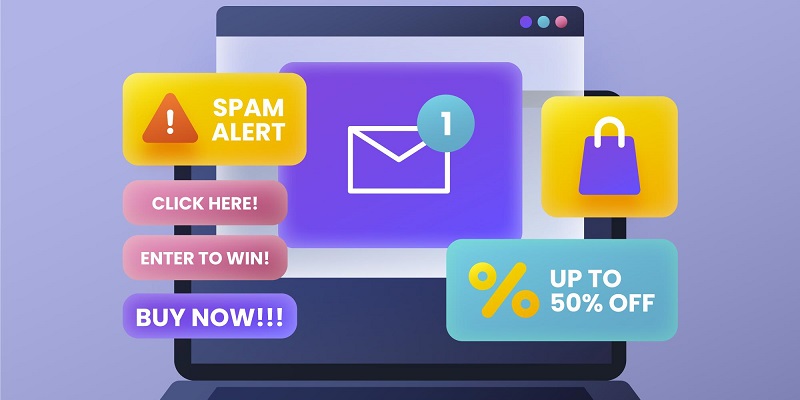In the digital age, data analytics and email marketing tools have become invaluable assets for businesses seeking to optimize their email campaigns. By leveraging these powerful tools, companies can gain valuable insights into the best times to send emails, ensuring maximum engagement and conversion rates. This article will explore the various tactics and strategies that can be employed to enhance email marketing success, from analyzing open rates and click-through rates to A/B testing and advanced segmentation techniques.
Analyzing Open Rates and Click-through Rates
Successful email marketing starts with understanding the behavior of your audience. By analyzing open rates and click-through rates over different time periods, businesses can identify when their subscribers are most active and engaged. This data-driven approach enables marketers to strategically schedule their email campaigns to align with peak engagement times, ultimately leading to higher conversions and revenue.
A/B Testing for Enhanced Engagement
A/B testing is a proven method to optimize email marketing performance. By experimenting with different email formats, subject lines, and call-to-action buttons, brands can identify which variations resonate best with their audience. Through A/B testing, marketers can refine and fine-tune their emails to drive higher engagement and click-through rates, ultimately boosting the overall success of their campaigns.
Segmenting Audiences for Personalized Journeys
Gone are the days of sending generic, one-size-fits-all emails. With advancements in technology, retailers have the power to segment their audiences and create customized journeys for each segment. By utilizing data analytics, brands can identify various customer segments based on demographic data such as location, age, gender, and even the type of device used to visit their site. This targeted approach allows for personalized communication that resonates with individual customers, increasing the likelihood of conversions and fostering customer loyalty.
Treating Loyal Customers as VIPs
Your loyal customers are the backbone of your business. To nurture and retain their loyalty, it is crucial to provide them with exclusive benefits. For instance, offering early access to sales through a brand’s native app or personalized links to private collections can make them feel appreciated and valued. By implementing these VIP perks, brands can reinforce customer loyalty, drive repeat purchases, and generate positive word-of-mouth recommendations.
Segmentation Strategies
Segmentation is a powerful technique that allows marketers to target specific customer groups with tailored messaging. Simple segmentation involves demographic data, such as geographical location, age, and gender. However, more advanced segmentation techniques leverage data gathered throughout a customer’s journey, including searches, product interaction, and previous purchases. By combining these insights, brands can deliver highly relevant and personalized email campaigns, ensuring a higher level of engagement and conversion rates.
Moving Beyond Past Purchase History
While personalization is crucial, it is essential not to solely rely on past purchase data for product recommendations and messaging. Customer preferences evolve, and their future buying intent may not align with previous purchases. Tracking a customer’s search behavior can provide valuable insights into their current shopping intent. By understanding what customers are looking for once they land on a site, brands can deliver tailored recommendations, effectively catering to their immediate needs and interests.
Implementing these tactics in a Black Friday marketing strategy can yield significant benefits for businesses utilizing email marketing campaigns. By employing data analytics and email marketing tools, brands can identify the best times to send emails, optimize engagement through A/B testing, personalize communication through advanced segmentation, and cater to loyal customers with exclusive perks. A well-executed email marketing strategy during Black Friday and Cyber Monday can help businesses secure their share of the estimated $35.3 billion in revenue generated during this holiday period. With data-driven insights, brands can maximize their email marketing efforts and achieve higher conversion rates, ultimately boosting their bottom line in the highly competitive retail landscape.

